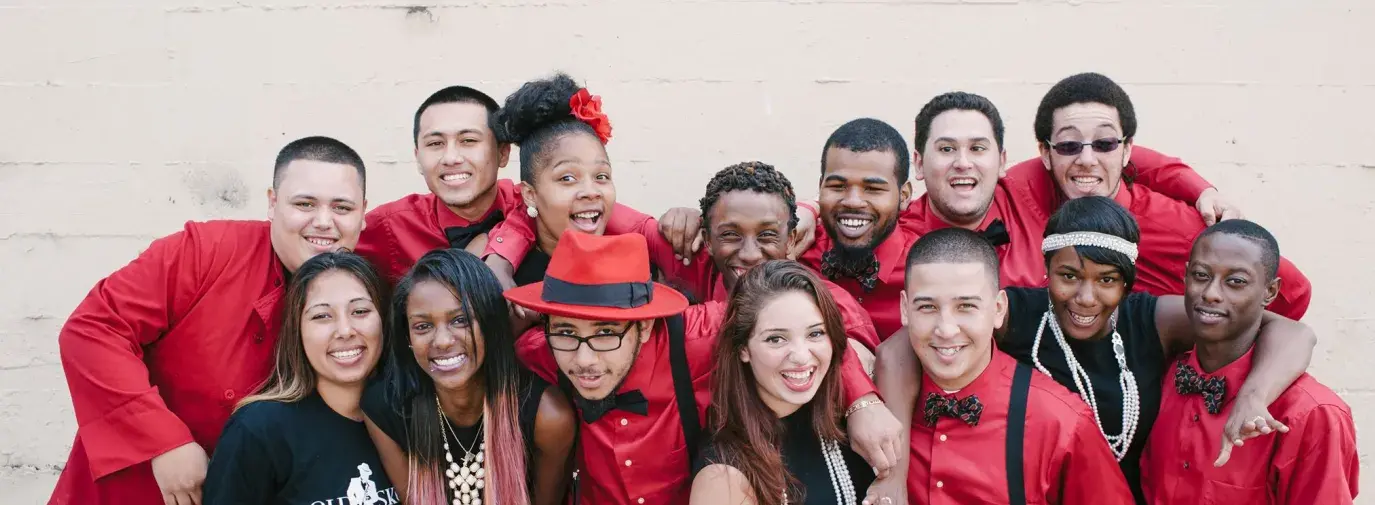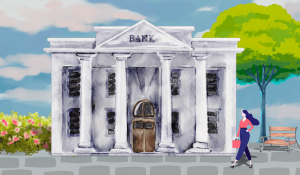
When you invest your money in community banks, you create enormous positive impacts in your community.
When you deposit money to a bank, it does not simply sit there. It goes to work in investments or loans that help the bank make money. Most banks don’t tell their customers what companies they invest in—it could be fossil fuels, agribusiness, anything.
New Resource Bank, which opened its doors in California’s Bay Area in 2006, provides loans primarily to socially responsible individuals and companies.
“We were founded with a very different triple-bottom-line mission to not only value profit, but [also] the environment and society. No one of those three is more important than any other,” says Stephanie Meade, the bank’s director of marketing and culture.
Initially, to get business off the ground—and to weather the 2008 financial crisis—it also granted loans to real estate-companies, small businesses, and individuals who didn’t necessarily share the bank’s mission.
However, as more and more socially responsible companies popped up and looked to responsible banks for funding, New Resource Bank hit its stride and began growing by 15 to 20 percent per year. The small bank that once had 14 employees and $40 million in assets is now celebrating its 10th anniversary, with 48 employees and over $300 million in assets. It just opened a loan office in Boulder, Colorado. (In 2018, New Resource Bank was acquired by Amalgamated Bank, which has committed to maintaining the bank's commitments to social and environmental responsibility.)
Today, 89 percent of its loans support sustainable businesses, nonprofits, green real estate, clean energy, and organic and natural products. Before receiving a loan, companies applying must fill out an impact assessment, including their mission and values.
“We believe that companies that are socially and environmentally responsible are better companies, are stronger companies, and hopefully will be more profitable and less risky companies,” says Meade.
One of the many success stories that New Resource Bank has supported through loans and advising since 2014 is Old Skool Café, a nonprofit jazz-themed supper club started by a former juvenile corrections officer. The restaurant trains and employs at-risk youth ages 16-22 in its San Francisco location. The young people learn to run events, the kitchen, dinner service, and musical performances.
The café’s founder, Teresa Goines, came up with the idea after the gang-prevention group she ran lost its funding. She funded Old Skool herself for six years but cashed out her retirement, savings, and inheritance to do so. With financial assistance from
an ongoing community grant, she could afford to rent a space for the restaurant from a church. But when the space went up for sale, she only had funding for about half of the $550,000 purchase price. A friend referred Goines to New Resource Bank, and she was able to secure a real-estate loan for the rest of the money.
“We love what [Old Skool does],” says Skyler Webster, the New Resource banker who works with the café. “They’re right here in the community, and they’re giving at-risk youth a real path.”
But New Resource isn’t just trying to “preach to the choir,” as Meade puts it. The bank will work with companies all over the spectrum of social and environmental commitment, so all can grow into green champions. The bank offers free events, online resources, and networking opportunities for clients to improve as sustainable businesses. Every year, borrowers retake the assessment to gauge their progress.
Individual account-holders have to be in California. New Resource will work with companies from around the country who need loans, or individuals across the US who are looking to open an impact CD, in which the money you invest is loaned out to high-impact nonprofits, organic- and natural-product companies, and clean-energy companies while you earn interest.
Wherever you live, Meade thinks it’s important to find a bank that shares your values. “I just encourage people to make sure their values line up in all aspects of their lives, not just in certain ones, like buying organic food,” says Meade. “Where you bank actually reflects your values in a lot stronger of a way than you’d think it would, because finance and banking is the foundation of our economy. Banks determine what businesses get funding to grow and thrive.”






